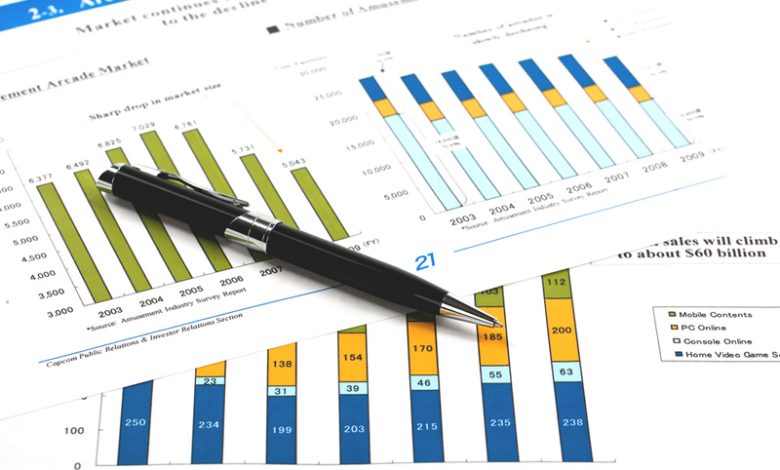
Bank of Korea Board Member Highlights Growth and Financial Stability as Keys to Rate Cuts, According to Reuters
SEOUL (Reuters) – A board member of South Korea’s central bank has emphasized that economic growth and financial stability are crucial considerations for the monetary policy board as it debates the timing and pace of interest rate reductions.
“We must take into account the effects of interest rate cuts on both growth and financial stability,” stated Hwang Kun-il, a member of the Bank of Korea’s seven-member policy board, in a semi-annual policy report published on Thursday.
Hwang noted that waning domestic demand necessitates preemptive actions; however, the current level of household debt presents significant financial risks.
He also mentioned the importance of finding an appropriate balance between fiscal policy and macro-prudential regulations in order to minimize conflicts between these two objectives.
Last month, the Bank of Korea maintained its policy interest rate at 3.50%, the highest since late 2008, but has sparked speculation about a potential policy easing, which some analysts predict might occur as soon as the next meeting on October 11.
During the previous policy meeting, members of the central bank were cautious about reducing interest rates due to growing concerns over financial stability, even as inflation shows signs of slowing, according to the meeting minutes.
“Financial markets are currently anticipating at least two interest rate cuts this year, which may be overestimated,” noted Deputy Governor Park Jong-woo at a recent media briefing.
The semi-annual report indicated significant uncertainty regarding the housing market outlook. However, it also forecasted a gradual improvement in domestic demand as rising corporate earnings and disinflation enhance consumers’ purchasing power.
Regarding financial markets, the Bank of Korea assessed that the likelihood of a rapid decrease in treasury bond yields in the near term is low, and the recent strength of the Japanese yen is unlikely to adversely affect the Korean won or capital flows.
(Note: This story has been corrected to clarify that the policy report is published semi-annually, not quarterly.)
 GOOGL
GOOGL  META
META 


